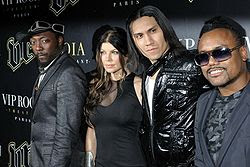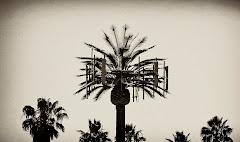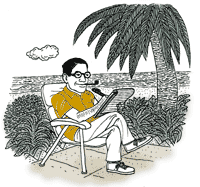LONGTIME Los Angeles writer Steve Erickson will have a new novel next year, These Dreams of You, his publisher, Europa Editions, just announced.
Erickson is the writer I point to first when I'm arguing about a difference in East Coast and West Coast literary sensibility. He grew up in a Granada Hills neighborhood wiped out for the freeway, and that sense of spatial dislocation and a disappearing past -- central to life in the Southland -- runs through all his work. He was hot to Garcia Marquez and Philip K. Dick before they were cool.
HERE is my profile of Erickson on the publication of his last novel, Zeroville. That struck me as a real return to form, with a new note: The book was accessible but didn't give up any of the old Erickson weirdness. (His interest in experimental fiction is expressed in the Cal Arts journal he edits, Black Clock.)
"It's not a Hollywood novel," Erickson said of the book set among, kind of, the '70s generation of maverick filmmakers. "Those tend to be about how movies get made. I wanted to write about how movies have become part of the modern nervous system, the dream language we all converse in from time to time."
For what it's worth, I began reading Steve's work as a teenager back east, and it both puzzled and fascinated me. Some of the specifically Californian tone makes more sense to me now, after 14 years in LA, but the sense of things not being quite what they seem remains: I'd say his work continues to puzzle and fascinate me.
The new novel's title, presumably, comes from one of Van Morrison's best songs. In any case, always a pleasure to get a new novel by Erickson.
Cally Fiedorek’s playlist for her novel “Atta Boy”
15 hours ago











